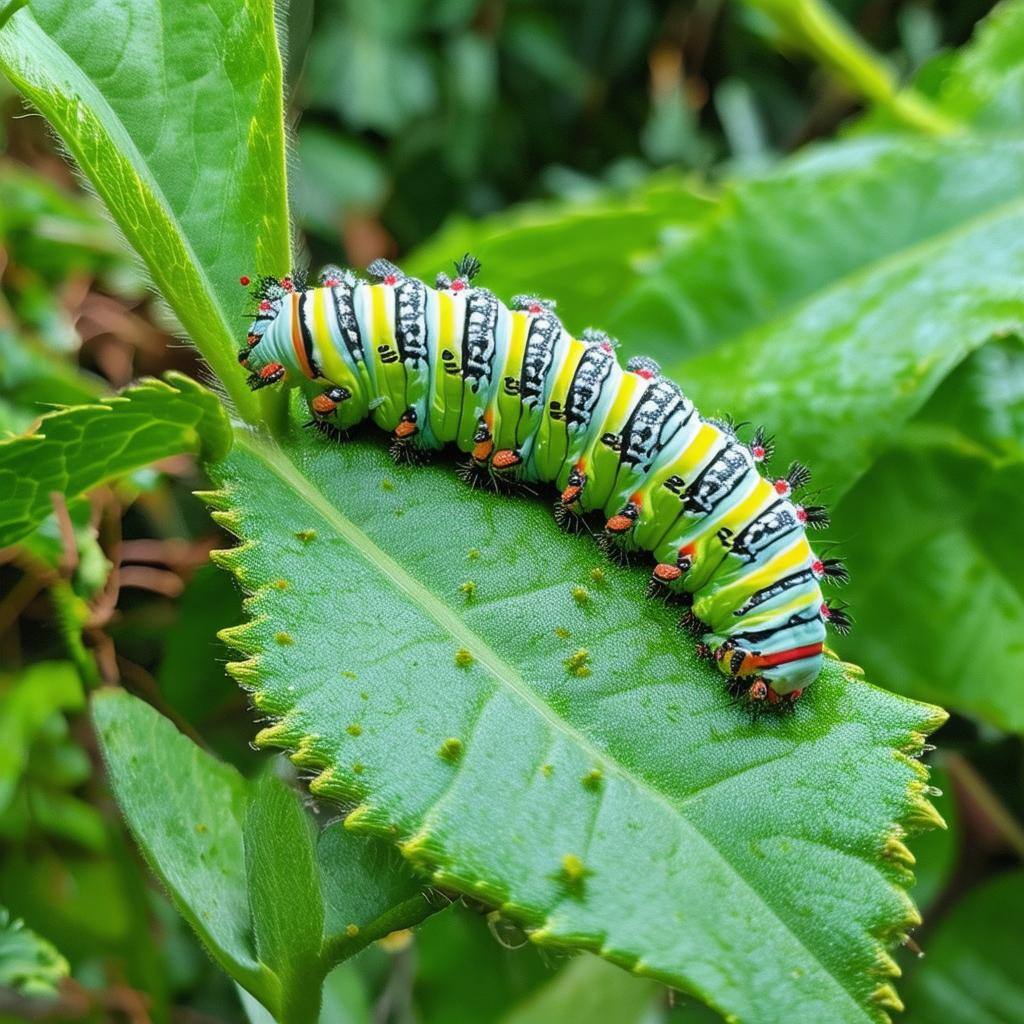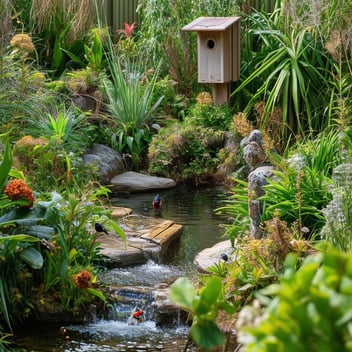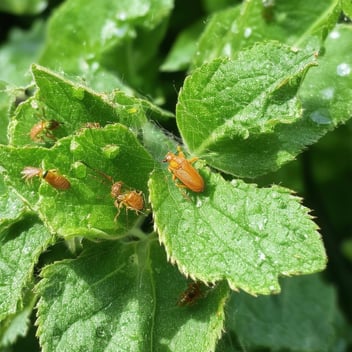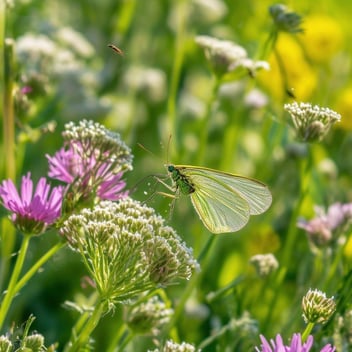Top Garden Pests in SEQ and How to Control Them Naturally
-
Introduction
South East Queensland's lush gardens are a testament to the region's favorable climate. However, this verdant environment also attracts a variety of garden pests that can wreak havoc on plants. Embracing natural pest control methods not only safeguards plant health but also preserves the ecological balance.
-
Aphids: The Silent Sap-Suckers
Aphids are diminutive insects that extract sap from plants, leading to distorted growth and the secretion of honeydew, which fosters sooty mold. To combat aphids naturally, introduce beneficial insects like ladybugs and lacewings, which are natural predators. Alternatively, a gentle spray of diluted neem oil or a mixture of dish soap and water can dislodge them without harming your plants.
-
Caterpillars: Voracious Leaf Consumers
Caterpillars, such as the cabbage white butterfly larvae, can defoliate plants rapidly. Handpicking them during early morning inspections is effective. For larger infestations, Bacillus thuringiensis (Bt), a naturally occurring bacterium, specifically targets caterpillars without harming beneficial insects.
-
Whiteflies: Tiny Winged Troublemakers
Whiteflies are small, winged insects that feed on plant sap, causing yellowing and weakening of plants. Control whitefly populations by using sticky traps to monitor their numbers. Spray affected plants with insecticidal soap or horticultural oil, ensuring you coat the undersides of leaves where they hide. Introducing beneficial insects like Encarsia formosa, a parasitic wasp, can also help keep whiteflies in check.
-
Spider Mites: Microscopic Menaces
Spider mites are almost invisible to the naked eye, but their impact is stark—discolored, stippled leaves and fine webbing that envelopes stems and foliage. These pests thrive in hot, dry conditions, making them a common issue during South East Queensland’s warmer months.
-
Scale Insects: Stealthy Sap-Suckers
Scale insects attach themselves to stems and leaves, siphoning sap and excreting honeydew. Prune heavily infested areas and apply horticultural oil to suffocate these pests. Encouraging natural predators, such as parasitic wasps, can also aid in control.
-
Fruit Flies: Prolific Fruit Invaders
Fruit flies lay eggs in ripening fruit, leading to maggot-infested produce. Utilize homemade traps baited with apple cider vinegar to attract and drown adults. Regularly harvest ripe fruits and dispose of fallen ones to disrupt their life cycle.
-
Slugs and Snails: Nocturnal Nibblers
Slugs and snails feast on tender foliage, leaving behind unsightly holes. Collecting them by hand during damp evenings is effective. Creating barriers with crushed eggshells or diatomaceous earth deters their movement. Encouraging natural predators like birds can also help control their populations.
-
Leaf Miners: Subterranean Leaf Sculptors
Leaf miners burrow between leaf layers, creating winding trails. Remove and destroy affected leaves to prevent larvae from maturing. Applying neem oil can deter adult flies from laying eggs.
-
Mealybugs: Cottony Colonizers
Mealybugs cluster on plant parts, sucking sap and excreting honeydew. Wipe them off with a cotton swab dipped in rubbing alcohol. Introducing predatory insects like ladybugs can naturally reduce their numbers.
-
Conclusion
Maintaining a thriving garden in South East Queensland requires vigilance and the adoption of natural pest control methods. By fostering beneficial insects, employing organic treatments, and practicing good garden hygiene, gardeners can effectively manage pests while promoting a healthy ecosystem.




